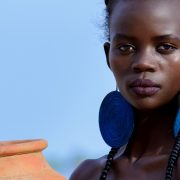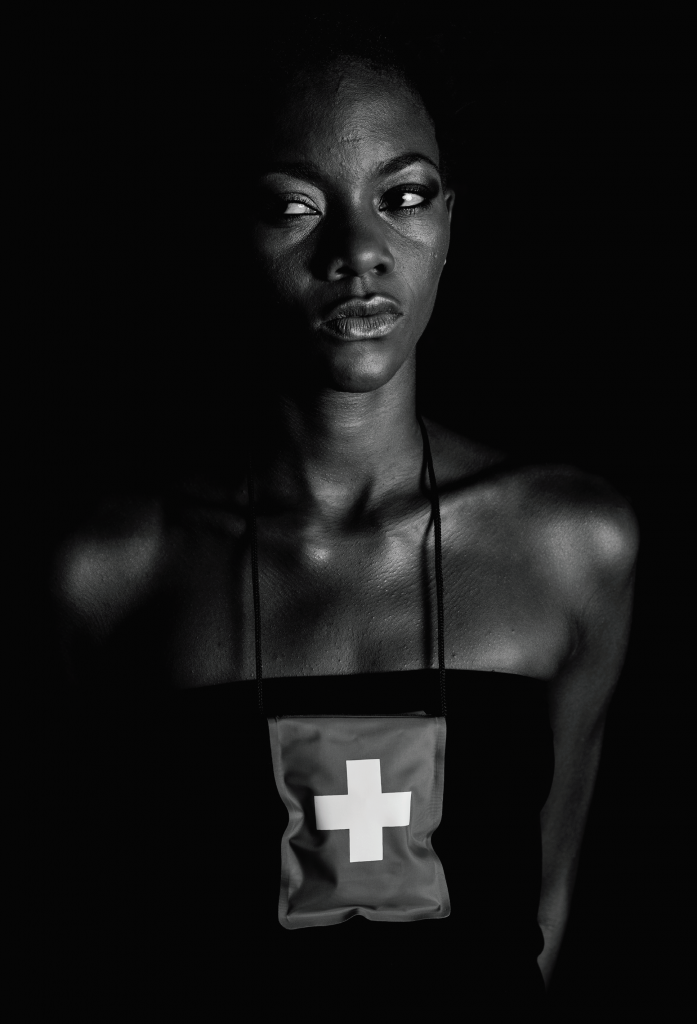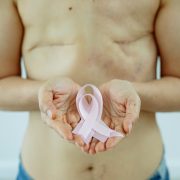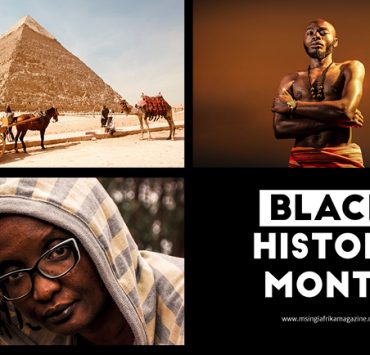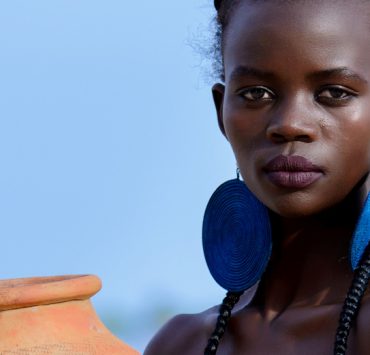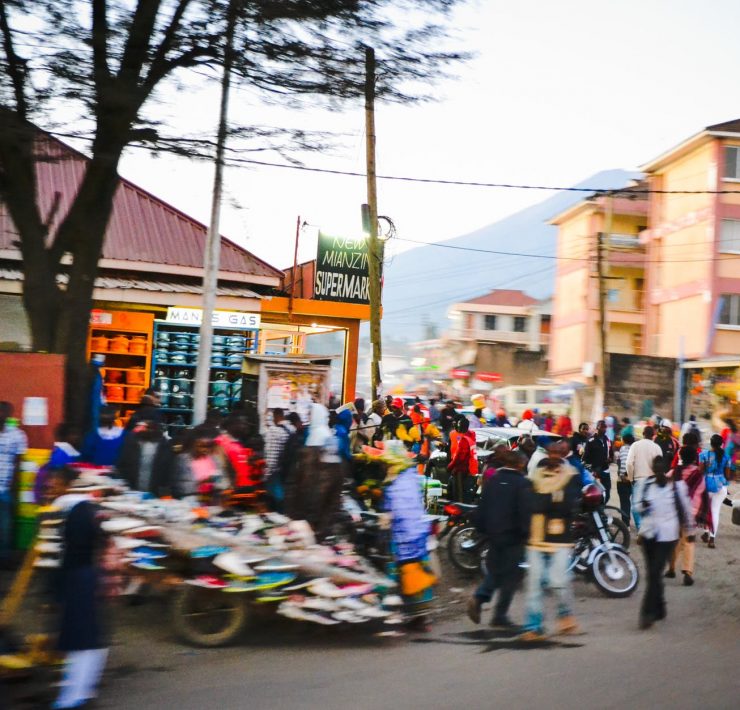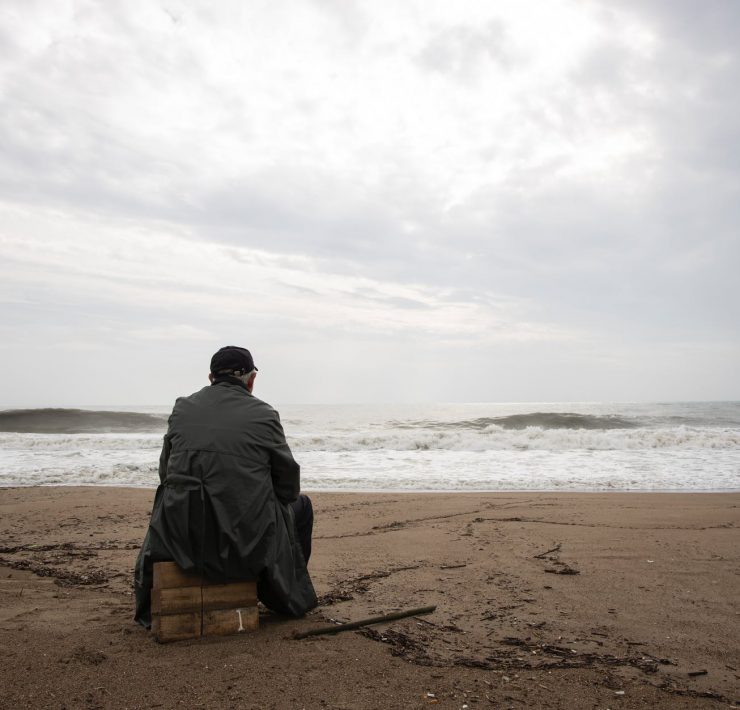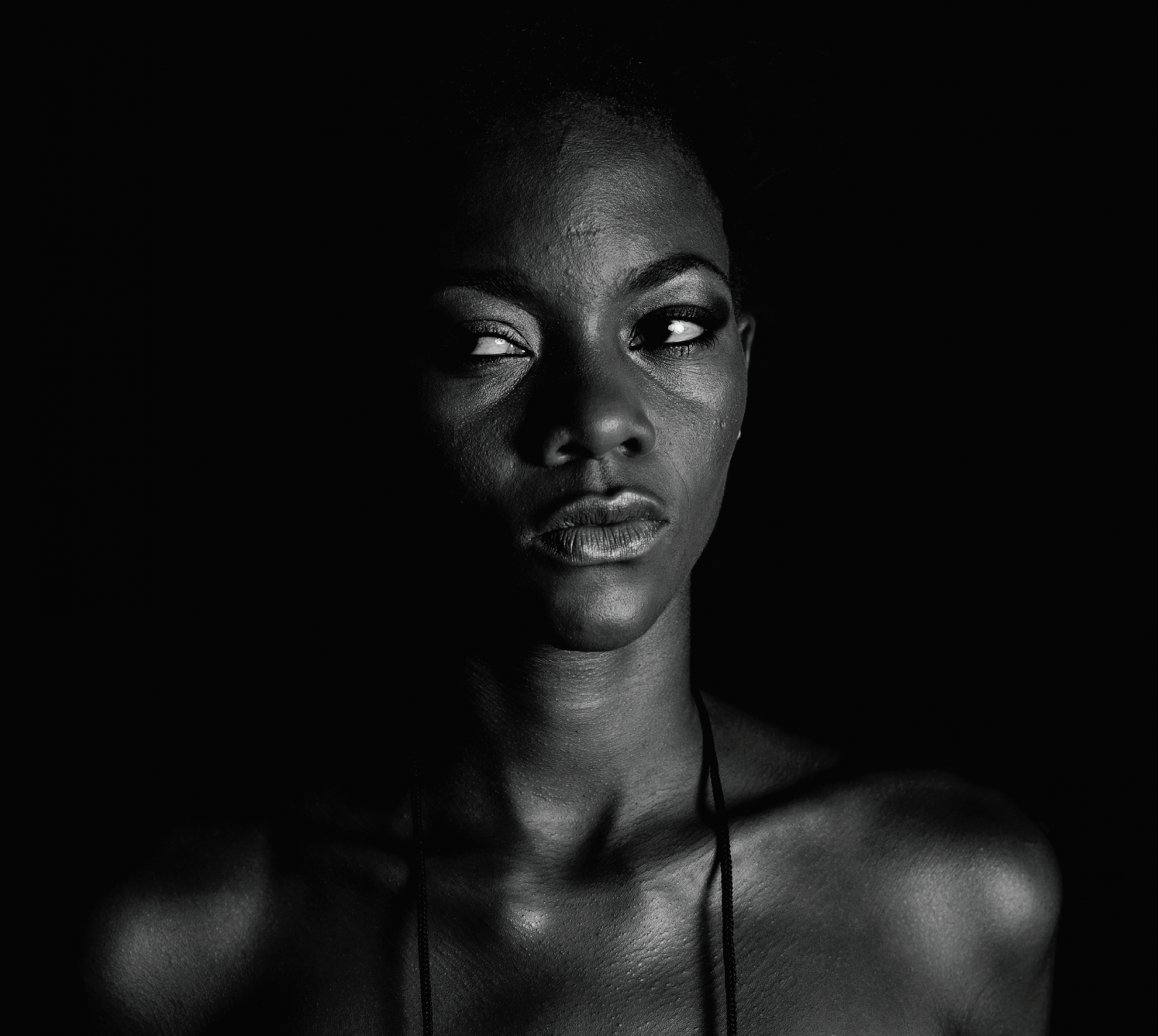
Chioma Phillips is the Editor of Msingi Afrika Magazine and…
Read Next
A BLESSING OR A CURSE?
It’s funny that the word ‘aid’ actually means assistance and yet in Afrika it seems to have done anything but assist Afrika to get to the place were the donor countries seem to think
Afrika should be going. If anything, Afrka seems to be going anywhere but there and only a few individuals and nations within and outside of Afrika appear to gain from this foreign
aid. I think Afrika is facing one last chance to revisit this entire idea of foreign aid.
The Cambridge Dictionary defines ‘development’ as “the process in which someone or something grows or changes and becomes more advanced.” and defines ‘advanced’ as “modern and well developed.” Most other definitions one finds about development speak about economic and social advancement, culture, education, health and quality of human life and life expectancy.
The term development when applied to Afrika implies that there is a standard to attain that we have not yet attained and that therefore every effort needs to be made to attain it, or else it is a fail. This further implies that the standard to be attained is good. At least this is the rhetoric that has been fed to Afrika literally since the days of the colonialists: There is a ‘better’ standard and ‘we’ can show you the way.
In a radio program on ABC in 2013, author and academic, Rosalind Eyben, had this to say about the standard that I alluded to above, “There was the idea that countries had to catch up, that Western Europe and countries like Australia, Canada and North America were developed… they were the goal that everybody else had to reach.”
This was the post World War II, post-colonial period and Afrika had the opportunity to determine a different future for itself that would have set it apart from the rest of the nations in the world, as proposed by Kwame Nkrumah. Already, though, some measure of compromise had crept in and Afrika’s leaders sold out and thus fell into the league of what were classified as ‘underdeveloped or developing countries’.
We must keep in mind that prior to the colonization of Afrika, Afrika was not receiving aid. Aid came with colonization. The home countries of foreign influences on the continent used to send financial support to their colonies in order to fund infrastructure, military, social services etc in order to ensure that their colonies were thriving and able to produce for them economically. Like a head office and a satellite office.
After World War II, aid evolved to become an even more strategic tool globally, which was used to influence policy positions of governments, as demonstrated by the US’s Marshall Plan or European Recovery Program which released funding to countries in parts of Europe between 1948 and 1951. Countries in Europe were struggling economically, including former colonizers United Kingdom, Belgium, (Western) Germany, Portugal, Italy and France, and the US didn’t want them to fall under communist influence. It was the dawn of the Cold War and the US and USSR were facing off for purposes of global domination. The US provided loans to businesses that these businesses paid to their own governments, which then used the funds for infrastructure to benefit the businesses.
Afrika’s wave of independence from colonialism left high potential countries – per global standards of development – which were sadly lost culturally and disengaged from what was and not seeming to come together to find out what should now be. These countries did not exist before the imperialist wave and immediately following, these newly formed nation states were left trying to manage entities that were created primarily for the oppression of and extraction from Afrika. Entities that were created from a divide and conquer mindset were now suddenly supposed to evolve into cohesive united fronts, with infrastructure and systems in place for effective administration (or were they?). All this while being manipulated by the main players in the Cold War and being governed by individuals or groupings that were engaged in the pursuit of their own self-interests.
So aid was released to Afrika, with the thinking that the continent would go the way of Europe. But, according to findings, as aid to Afrika grew, development became sluggish, the rich got richer and the poor got poorer. Afrika is said to have received US$1.4 trillion in aid between 1956 and 2018, but to have lost US$ 2.2 trillion through tax evasion by multinationals, embezzlement of funds, outright theft by government officials and administrative costs i.e. aid industry’s salaries and overheads and allowances. Such that by the end of it, very little entered/enters the destination country or even made/makes it to the ground.
60 years later, Afrika is still playing catch up and no one seems to be able to figure out why. The World Bank and IMF insisted on certain programmatic and policy frameworks being set up in Afrika as terms for receiving aid – this was done, but failed or made things worse. NGOs came into Afrika with pre-conceived ideas about what aid means to the continent – their initiatives were not successful. Donor countries tried giving support directly to countries, in exchange for certain leverage. These initiatives did not bear enduring positive fruit for the developing countries. It seemed everyone had an opinion about what was best for Afrika and because they had the money, they called the shots. They knew things were not going as expected, that corrupt people were ‘eating’ the money that coming in but they didn’t stop giving because they were getting some hidden benefits within the countries they chose to support. Military bases, strategic access to infiltrate the hinterlands, contracts, strategic international support, on-the-ground intelligence to be able to track and influence Afrika’s growth, mineral exports etc. With the help of a few greedy individuals, the failed aid policy remained a strategic advantage to the ‘aiders’. That’s why it hasn’t stopped.
As Afrikans continued to gain access to western knowledge and thinking via the west’s learning institutions and local syllabi, they did little or nothing to influence change. The reasons given, oftentimes, were a lack of resources or political ‘goodwill’. In a continent as resource-rich as Afrika, those excuses did little to bolster Afrika’s confidence in itself, as the rhetoric of Afrika’s ineptitude continued. The OAU (later the AU) and the heads of state and government had no real answers because they depended (and still do) on external funding to define and run their programs. They remain largely ineffective because they can’t even say no to unnecessary western influence in Afrika, lest funding be withdrawn or what happened to Gaddafi, Sankara or Lumumba happen to them. Ironic on a continent that shed blood in order to access a measure of liberty. I wonder if they think that by playing along with what the west wants that when the time comes for the west to put in effect its real agenda that they won’t try to devour them and us anyway.
So, Afrika remains under neo-colonial and its own home-grown oppression from men and women who on the whole (there are a few exceptions) have decided to do what’s best for themselves and not the people they say they serve. But, why do Afrikans continue to put up with selfish leaders who make decisions that are obviously causing more harm than good?
- Just last year Nigerian Senators faced backlash for a decision to purchase luxury vehicles for their principal officers. It was said that they planned to spend around US$15.3 million for this when more than 50% of their people are said to be living in abject poverty.
- The American government gave the Kenyan government notice of intent to pull out of funding of Kenya’s blood bank program within ten years, saying that the government was now well able to run it on its own. When this time period lapsed, in 2019 the country’s blood supply ran low because it had not been factored into the national budget, and no one took responsibility. Those in need were left trying to source blood through goodwill on social media.
- The daughter of Angola’s former president Jose Eduardo dos Santos, said to be Afrika’s richest woman was this year charged with money laundering and mismanagement during her tenure at Sonangol. She is accused of using her father’s influence to steal millions of dollars from Angola and stashing it abroad.
- Son of Senegal’s former president Abdoulaye Wade was arrested in 2013 under investigation for whether his wealth was acquired illegally during his father’s rule. He was released in 2016.
- In 2017, the VP and eldest son of the president of Equatorial Guinea Teodoro Nguema Obiang was convicted, in absentia, of embezzling tens of millions of euro from his government and laundering the money in France.
I put it to you that aid as an idea of funding development in Afrika never stood a chance. First and foremost, because Afrika was never backward or undeveloped, they were just told they were and they accepted this as true and chose not to chart their own course. Yet the reality of Afrika’s progressiveness was remarked upon by Lord Macaulay to the British Parliament 85 years ago. Development is a foreign concept based on a foreign standard of achievement implemented in a manner foreign to Afrika. Afrika’s rich culture and society guaranteed growth and advancement in harmony with their environment at a pace that made sense and was sustainable and included health, education, military and infrastructure. Secondly, because Afrika remains an extractive industry for the world, as was the imperialists’ intention during the strategic withdrawal of forces that Afrika has called independence. The west just wanted enough calm to continue their exploitation of the continent. We now call it Foreign Direct Investment, where advantage is given to outsiders rather than our own. Third, because the oppressors still have their ‘inside men’ in Afrika who are ready and willing to collaborate with them to trade our bodies and souls in exchange for money and power. The best thing for Afrika is to cut off this supply that keeps its people in subjugation to everyone and go back to older, wiser paths.
SUGGESTED SOLUTIONS
- Revisit the recommendations made by Kwame Nkrumah regarding the consolidation of Afrika’s strengths socially, economically and militarily but not through a western lens. Use the last 60 years’ of experience with the western lens to know what to prepare for, but draw on indigenous knowledge to build a whole new Afrika.
- Transform Afrika’s political, agricultural, health and education system in order to incorporate what we had and practiced before colonialism. Of a truth these modern practices have done Afrika harm and we must be sincere in facing it. Current rulership systems are selfish and greedy and self-promoting instead of being about the common good. Modern education inculcates aspects that demolish our spiritual selves, health, agriculture and food preparation are contrary to our benefit and weaken us. It’s time to retrace our steps to permaculture, community centered leadership and true health and healing, not profit-oriented pursuits.
- Let us live within our means. Debt is such an obvious trap and we have seen and experienced the worst of it in the past 60 years. Let us resolve to live within our means and pay off what we owe to who we owe. Let us teach our people to manage their resources as it is obvious that using debt to grow is not working for us. We have people coming to either lay claim to our physical assets or gain other advantage over us putting us exactly where we were 60 years ago.
Subscribe now for updates from Msingi Afrika Magazine!
Receive notifications about new issues, products and offers.
What's Your Reaction?
 PIN IT
PIN ITChioma Phillips is the Editor of Msingi Afrika Magazine and the host of Msingi Afrika Television. Her hope is to see the Truth shared, with all who will listen, for the transformation of the people and the continent of Afrika - and the world. She believes passionately in the critical role that Afrika and Afrikans have to play on earth right now and hopes to ignite the spark that will cause them to see and believe who they are, so that they can live out their Truest lives for the remainder of their days.








